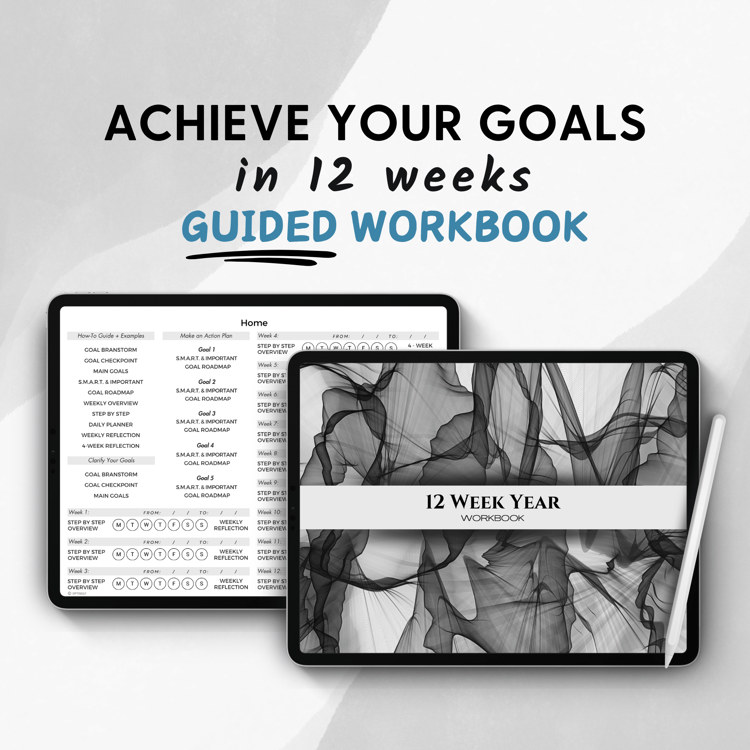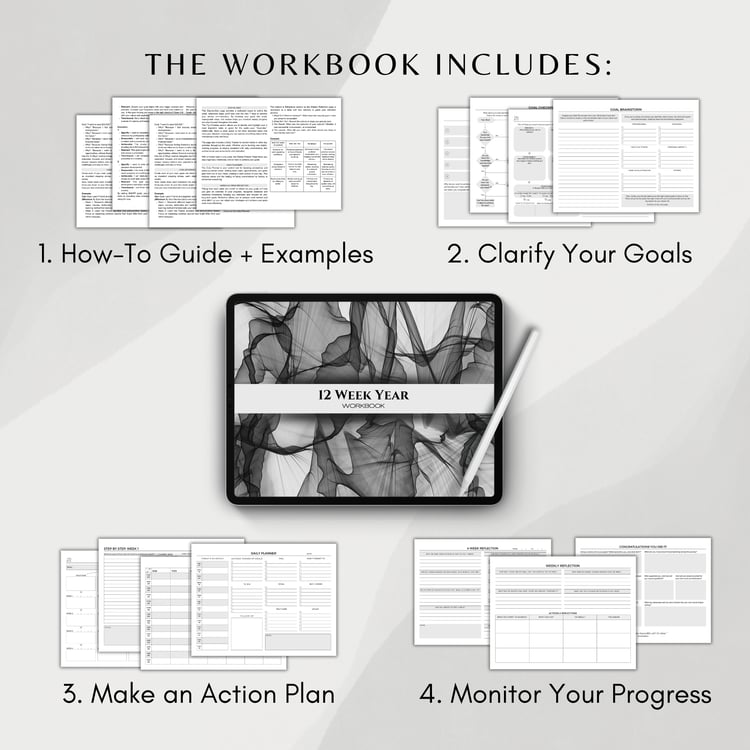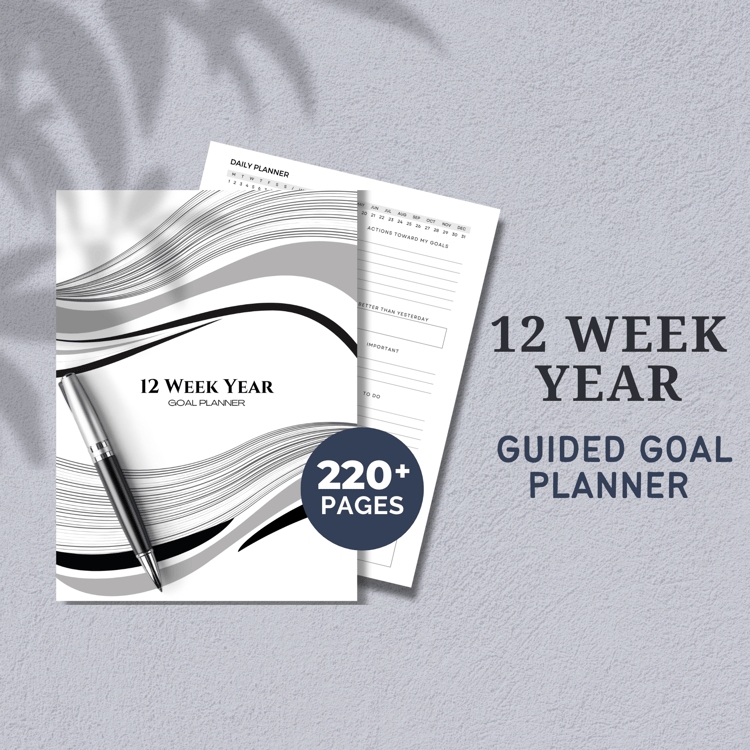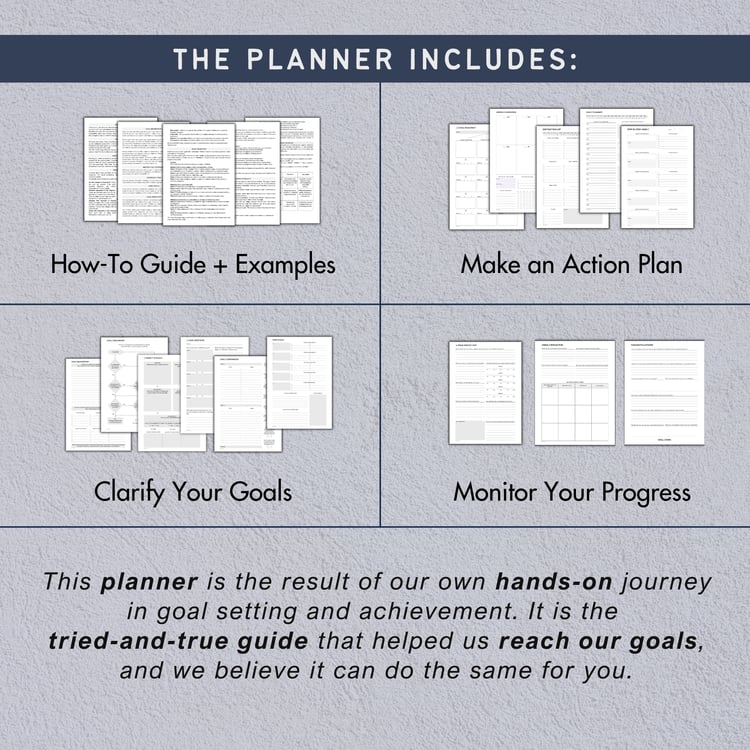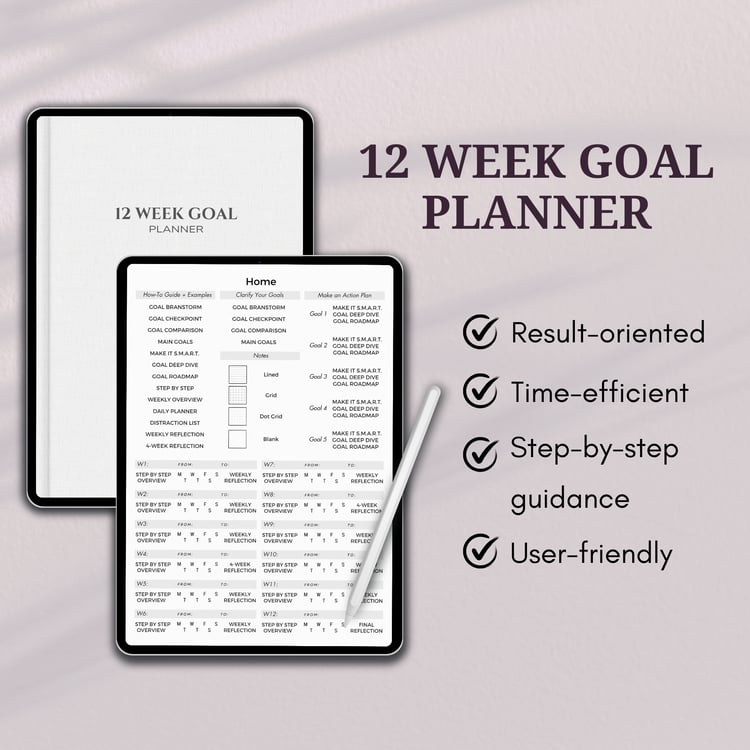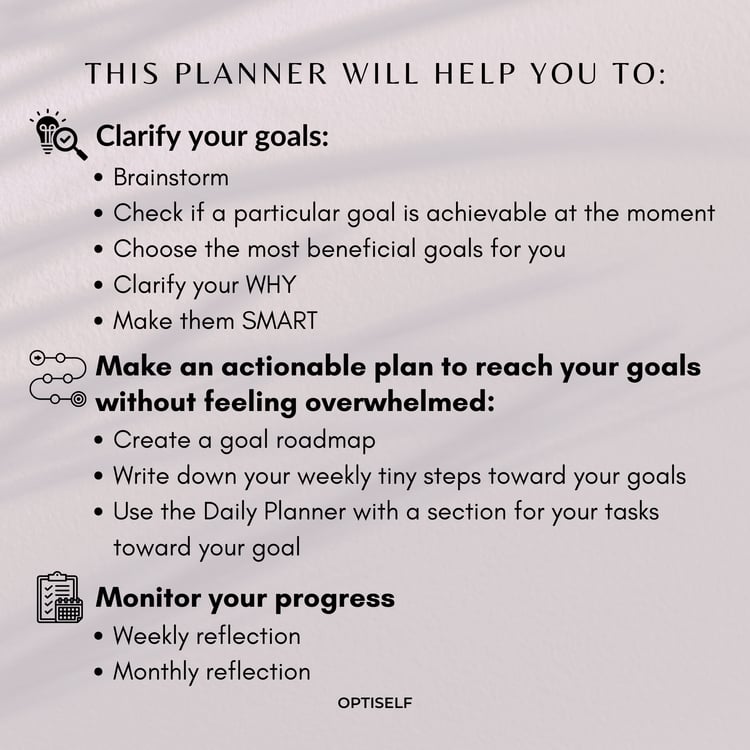Anxiety affects millions of people, often causing overwhelming feelings that make everyday tasks seem difficult. While some anxiety is normal, especially in stressful situations, chronic anxiety can disrupt daily life. Managing it effectively involves both physical and mental strategies that help reduce its impact. Here’s a guide on how to deal with anxiety, complete with practical, easy-to-implement tips.
1. Limit Caffeine and Sugar
Both caffeine and sugar can fuel anxiety by spiking energy levels and then causing sudden crashes, which can make you feel jittery and uneasy. Caffeine in coffee or energy drinks can overstimulate your nervous system, so consider switching to herbal teas like chamomile or peppermint, especially in the afternoon and evening. These caffeine-free alternatives can help you wind down without increasing anxiety. Small changes in diet can make a big difference in how you feel throughout the day.
2. Engage in Physical Activity
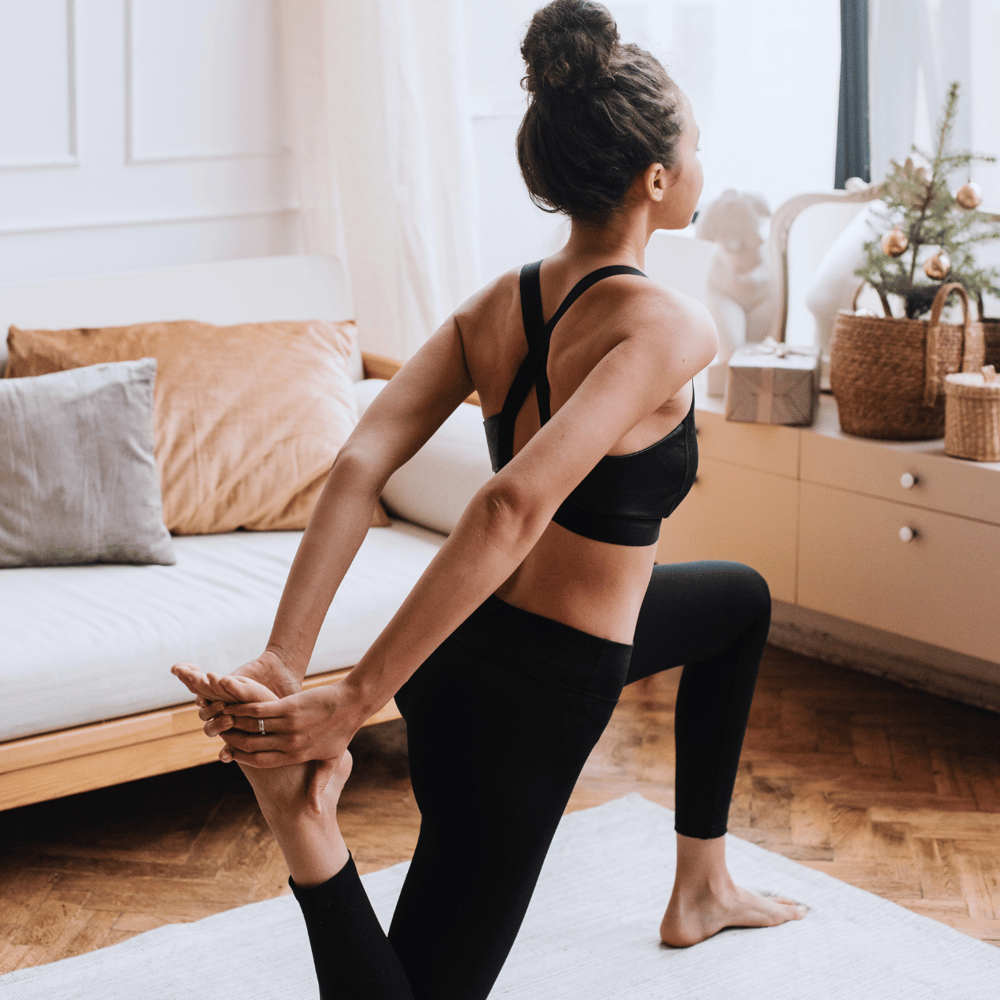
Exercise is a powerful way to combat anxiety. Physical activity, such as walking, yoga, or dancing, releases endorphins—natural mood boosters that help alleviate anxiety. Aim for at least 30 minutes of moderate exercise daily to experience these benefits. For example, a morning walk in the park can be energizing and set a positive tone for the day. Exercise doesn’t have to be intense; the key is consistency and finding activities you enjoy.
3. Connect with Supportive People
Anxiety often feels isolating, but connecting with friends or family can help ground you. Talking with someone you trust can bring comfort and perspective, reminding you that you’re not alone. If in-person meetings aren’t possible, even a quick phone call or video chat can make a difference. For example, discussing a stressful situation with a friend may help you reframe it and see solutions you hadn’t considered.
4. Practice Deep Breathing

When anxiety builds, deep breathing exercises can quickly calm the mind and body. The 4-7-8 breathing technique is especially effective: inhale through your nose for 4 seconds, hold for 7, and exhale slowly for 8. Deep breathing slows your heart rate and signals your body to relax. Practice this regularly, so it becomes a natural tool to use in stressful situations.
5. Create a To-Do List
Anxiety often comes from feeling overwhelmed by tasks or responsibilities. Breaking down large tasks into manageable steps can make them feel more achievable. A to-do list with specific, actionable items can help you focus on one task at a time, rather than worrying about everything at once. For instance, if you’re anxious about a big project, break it down into smaller steps, like research, drafting, and revising, and tackle them one by one.
6. Challenge Negative Thoughts

Negative or irrational thoughts are common with anxiety. Try questioning these thoughts: Are they realistic? Is there evidence to support them? Often, you’ll find that these thoughts are exaggerated or unfounded. Reframing them can help you view the situation more objectively. For example, if you think, “I’ll never succeed at this,” challenge that with, “I’ve handled challenges before, and I can do it again.”
7. Spend Time in Nature
Spending time outdoors, particularly in green spaces, has a calming effect on the mind. Whether it’s a park, a garden, or a quiet trail, nature can reduce stress and offer a refreshing break from daily pressures. Even a brief 10-minute walk can help reduce anxiety levels and boost your mood. Studies show that the sounds and sights of nature, like birds chirping or leaves rustling, have a soothing effect on the brain.
8. Learn to Say No

Sometimes anxiety arises from feeling overextended. Saying “yes” to every request can lead to stress and burnout. Learning to say “no” respectfully, and setting boundaries, can help you manage your time better and reduce anxiety. Start small, and remember that it’s okay to protect your well-being by taking on only what you can handle comfortably.
9. Practice Journaling
Writing down your thoughts and worries can bring a sense of relief and clarity. Journaling lets you express emotions without fear of judgment and can reveal patterns in your anxiety over time. For example, if you notice you feel anxious on certain days or in specific situations, you can start identifying triggers and work to address them.
10. Set Realistic Goals
Overambitious goals can fuel anxiety if they feel unattainable. Instead, focus on setting smaller, achievable goals for the day or week. For example, if organizing your entire home seems overwhelming, break it down into specific areas, like “declutter the kitchen” or “sort out the wardrobe.” Small wins build momentum, making tasks feel manageable rather than overwhelming.
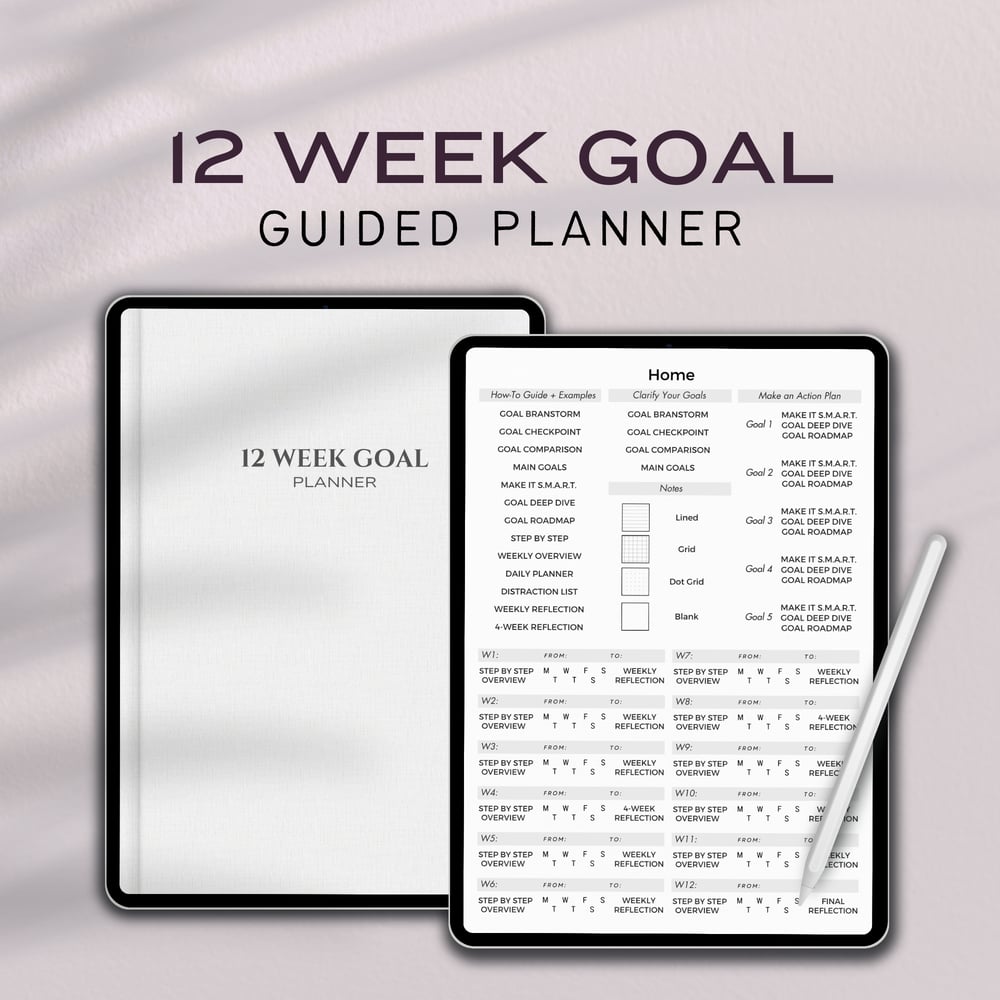
If you need a structured, guided roadmap to achieve your goals in just 12 weeks, you can check our "12 Week Goal Planner". It's designed to help you clarify your goals, set achievable milestones, and track your progress every step of the way.
11. Use Positive Affirmations
Positive affirmations like “I am safe” or “I can handle this” can help interrupt anxious thoughts and boost your confidence. Choose phrases that resonate with you and repeat them, either silently or aloud, when you’re feeling anxious. Over time, positive affirmations can help shift your thinking patterns toward more self-assured and calming thoughts.
12. Limit Multitasking

Doing too much at once can lead to mistakes and a sense of chaos, increasing stress. Instead, focus on one task at a time, giving it your full attention before moving on to the next. This approach not only improves productivity but also helps keep your mind clear and focused, reducing the mental strain that comes with juggling multiple tasks.
For example: Instead of replying to emails while working on a report, set a specific time for each task. This focus helps reduce mental clutter and prevents feelings of chaos.
13. Try Aromatherapy
Essential oils, such as lavender, peppermint, and bergamot, have calming properties that can help reduce anxiety. You can use them in a diffuser, as a spray, or even apply them to your skin when diluted with a carrier oil. Inhaling these scents or having them in your environment creates a calming atmosphere that can help you relax. For instance, diffusing lavender before bed can be a simple yet effective way to prepare your mind and body for restful sleep.
14. Spend Time with Pets or Animals

Pets offer companionship, comfort, and joy, making them wonderful allies against anxiety. Studies show that interacting with pets can lower blood pressure, reduce stress, and improve mood. If you don’t have a pet, spending time with animals at a friend’s house or even watching animal videos can have a similar calming effect.
These tips offer a comprehensive toolkit for dealing with anxiety. While each of us responds to anxiety differently, experimenting with various strategies can help you find what works best for you. Remember, managing anxiety is an ongoing process, but by incorporating these practices into your routine, you can take significant steps toward a calmer, more balanced life.


